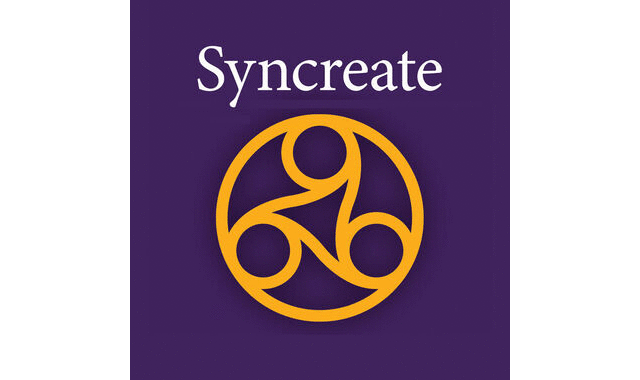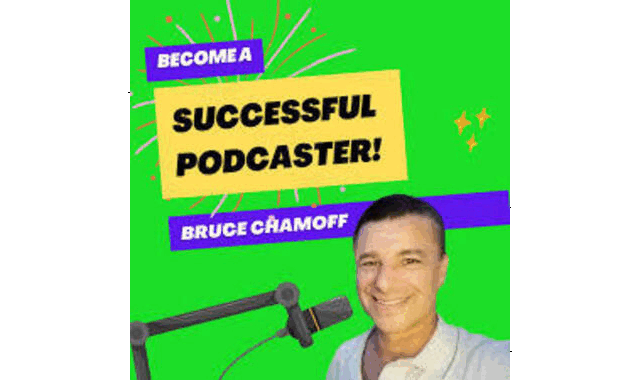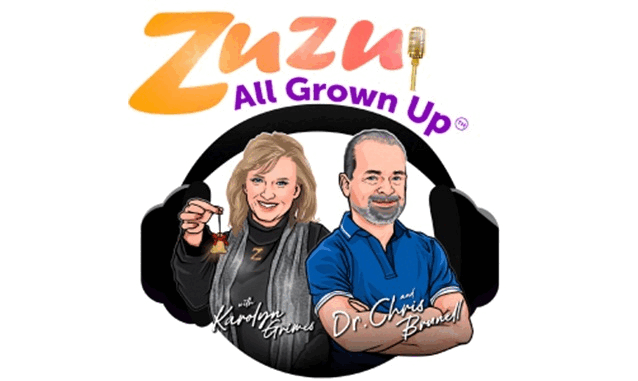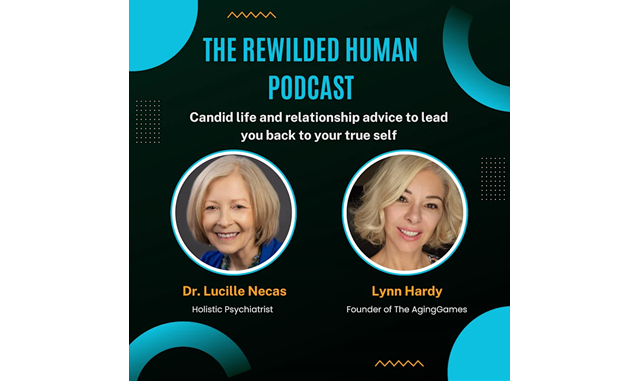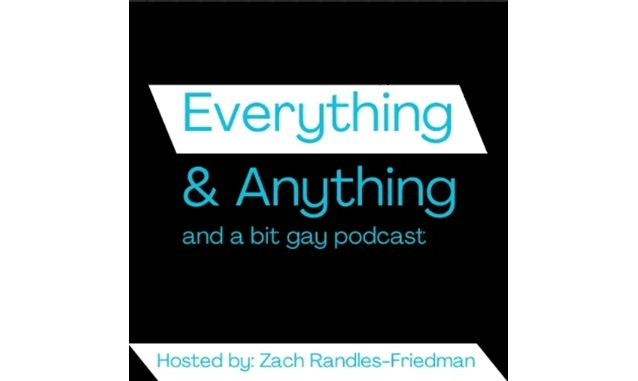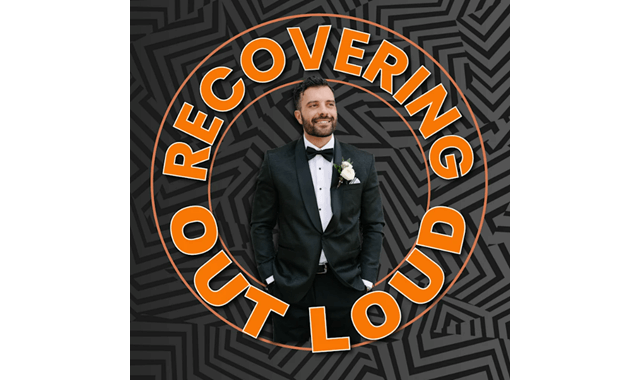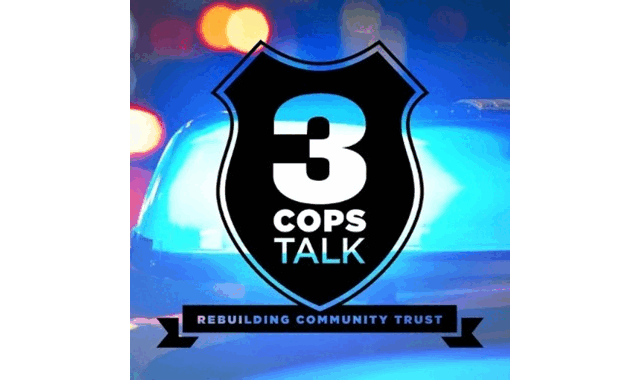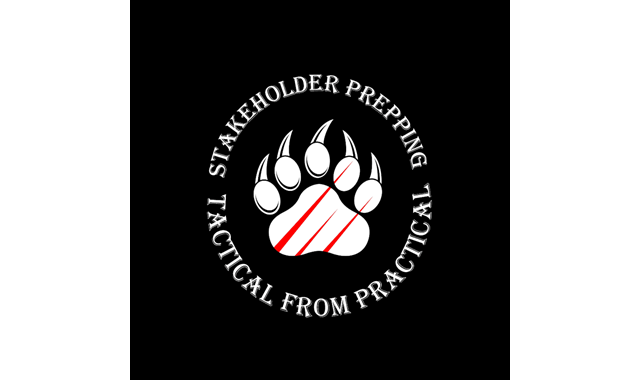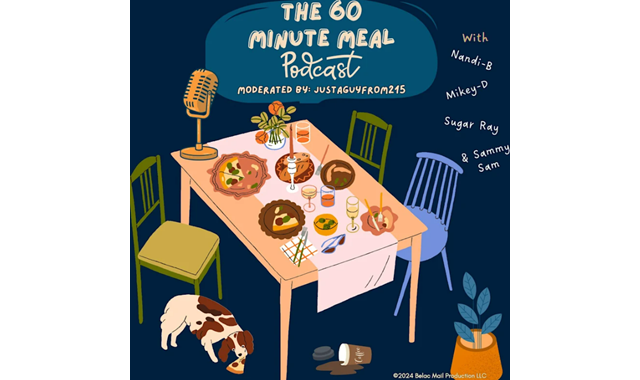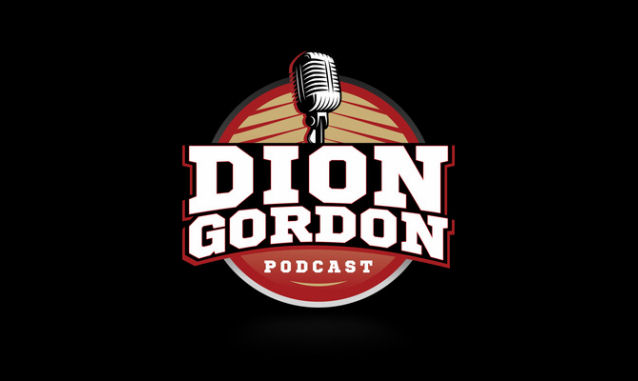World's First and Largest Podcast Network Founded in 2005
Highlighted Podcast Directories




Today's Podcast Episodes For Saturday, 7/12/2025
Promoted Episode
Sponsored Podcasts
Newest Podcasts
Top Podcasts...
Latest Episodes

The Silent Revolution: How BRICS Is Dethroning American Currency
From the podcast Life Points with Ronda
Released 7/11/2025

Ep. 548 | Future-Proof Your Marketing: How AI Agents Are Changing The Game
From the podcast OnBase
Released 7/11/2025

Dances With Rope
From the podcast Taboo Truths and Tales Las Vegas
Released 7/11/2025

Gold Royalty’s $400M Strategy Revealed At Rule Symposium 2025
From the podcast In it to Win it
Released 7/11/2025

Embracing Life Changes And Purpose With Steve Perry’s Journey And Financial Wisdom
From the podcast BEE INSPIRED! Stories of Change by Caroline Biesalski: Entrepreneur, Investor, Bestseller Author
Released 7/11/2025
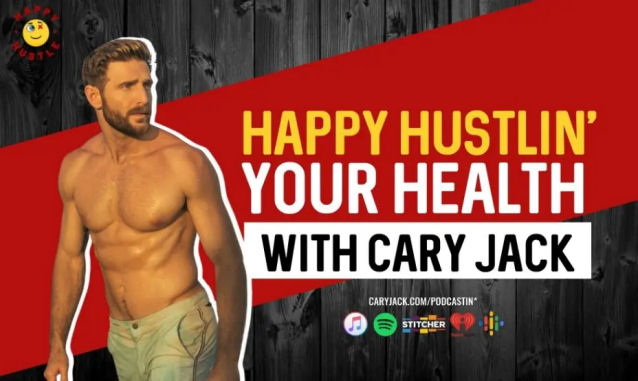
The 7 Laws Of Happy Hustlin’ A Fulfilling Life With Cary Jack
From the podcast The Happy Hustle Podcast Cary Jack
Released 7/11/2025

UFO SCANDAL In Canadian Government Bid For ALIEN Contact
From the podcast Shifting the Paradigm
Released 7/11/2025

Jul08’25 | Empowering Your Everyday: Navigating Pet Costs, Retirement, & Your Brain’s Future! 💰🐾🧠✨
From the podcast Consumers360
Released 7/11/2025

Episode 112. Harmony Kwiker: The Awakened Therapist And Leaning Into Wholeness
From the podcast Unconditioning: Discovering the Voice Within with host Whitney Ann Jenkins
Released 7/11/2025



